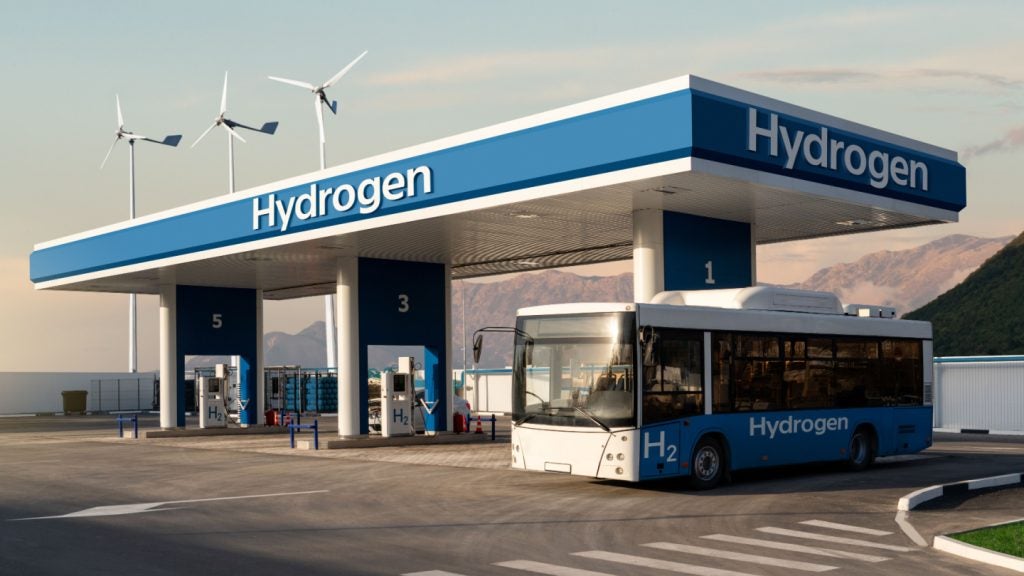British gas supplier and network operator National Gas Transmission has secured funding from the UK’s energy regulator, Ofgem, to explore a new type of underground hydrogen storage as the company looks to shift to hydrogen to meet the country’s net-zero targets.
The funding will come from Ofgem’s £450m SIF, a fund for supporting “ambitious, innovative” energy projects that could speed up the transition to net zero.
The new technology – called H2FlexiStore – has been developed by Edinburgh energy storage company Gravitricity. It uses the Earth’s natural geology to store up to 100 tonnes of pressurised hydrogen in a lined underground rock shaft, the company said in an emailed statement.
H2FlexiStore could then provide an option for intermediate storage across the UK alongside long-term storage already in development with National Gas.
National Gas is investigating the potential of hydrogen transportation in the country’s current gas infrastructure to support the net-zero transition. It will use the funding to conduct a three-month feasibility study on the use of Gravitricity’s H2FlexiStore, which could lead to a full-scale demonstrator project by 2025.
Hydrogen storage could be a key element of any future hydrogen network. National Gas is currently reviewing options to support supply and demand management, the statement said.
Gravitricity co-founder and executive chairman Martin Wright said: “The future large-scale adoption of green hydrogen in industrial processes and for heat and transport will require safe and cost-effective mid-scale hydrogen storage, which can be located wherever required – both in distribution networks and at point of use.
“Each H2FlexiStore can store up to 100 tonnes of pressurised green hydrogen safely below ground in a lined rock shaft, which can be built more cheaply than above ground vessels, with a much smaller visual footprint. We believe it will be a key technology in gas networks of the future and we look forward to working closely with National Gas to share our combined expertise.”
A ramp-up of hydrogen has become increasingly central to the UK’s net-zero plans. Last month alone its government approved several new commercial production projects and invested £21m in seven additional project developments.
However, almost all of the UK’s currently planned hydrogen capacity consists of blue hydrogen, made from natural gas with carbon capture, rather than green hydrogen, which is made from renewables-powered electrolysis.
Several key studies have been published in recent years finding that blue hydrogen might be as polluting or more polluting than burning fossil fuels directly for energy, mainly due to the risk of methane leaks. Last month, a new study by NGO the US Environmental Defense Fund and the University of Arizona found that the use of blue or low-carbon hydrogen could increase near-term global warming by 50% compared with burning fossil fuels directly.









